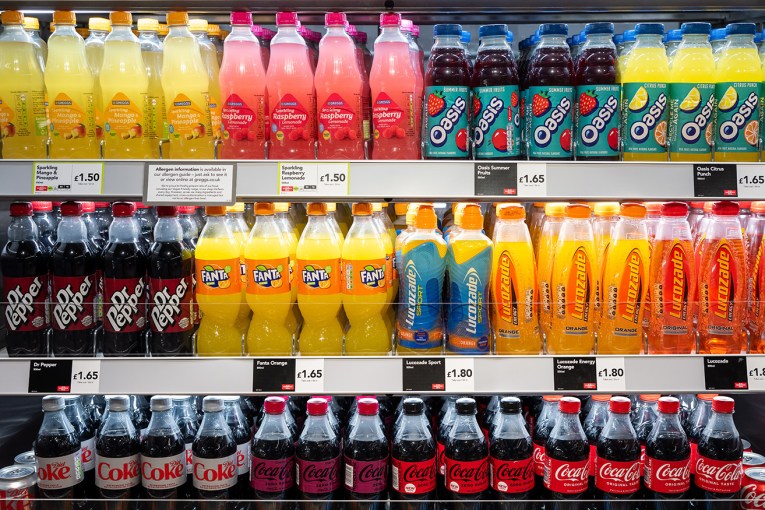Salmonella, glass and metal in food among most common recalls


There has already been two major egg recalls in 2019 due to salmonella fears. Photo: Getty
Salmonella contamination, glass, plastic or metal detected in food, and undeclared allergens are among the most common food safety issues in Australia, national statistics reveal.
This year, salmonella-contaminated eggs have plagued the food industry with two major scares in just March alone.
Food Standards Australia New Zealand on Wednesday issued a recall notice for Ash and Son Eggs sold in IGA supermarkets, independent stores, butchers and bakeries across the state.
It follows a recall from last week from Victorian farm Bridgewater Poultry, which has infected five people between 20 and 80 years old.
The number of food recalls has been steadily increasing over the last decade, according to the FSANZ’s 2009-2018 report updated in March.
Of the 100 recalls in 2018, 46 cases were for undeclared allergens, and 20 were due to ‘microbial contamination’ caused by potentially life-threatening bugs such as listeria, salmonella and E. coli.
Meat and dairy products are the most common bacteria-related recalls since 2009, closely followed by fruits, vegetables and herbs, such as sprouts and rockmelon.
Processed and packaged foods such as ready-made meals and dips, seafood, nuts and eggs were also among the list.
15 recalls were for foreign matter found in food, among them metal, plastic and glass.
Chemical related recalls remain low, except in 2010 when weight loss chocolate and drinks containing the prescription only medication sibutramine were pulled off shelves.

Photo: FSANZ
Undeclared milk has been the most common allergen-related recall in 2009-2018, accounting for 30 per cent of cases in this category.
Peanut is the second most common type of allergen-related recall, accounting for 18 per cent of allergen cases, according to the FSANZ data.
The strawberry sabotage that led to a nationwide crisis last year is the only ‘tampering’ related recall since 2009.
Queensland woman, My Ut Trinh, was accused of contaminating the strawberries with needles and sparking the mass recall in September.
Eventually, around 230 needle contaminations were discovered – some believed to be planted by copycats – and 68 brands were caught up in the scare.

A Queensland Police image of a suspected copycat case of strawberry contamination.
When it comes to food poisoning, bad bacteria in foods are responsible for the majority of cases in Australia, a recent study found.
Between 2001 and 2016, salmonella has been linked to 990 outbreaks around the country, with many of them caused by eggs and egg-containing foods.
“Outbreaks due to egg-based sauces and Vietnamese style sandwiches, which often contain pâté and raw egg butter, increased, while outbreaks due to poultry meat, beef, pork, other sandwiches, and other desserts had a decreasing trend from 2001 to 2016,” the authors wrote.
Salmonella is a gastrointestinal infection that can potentially be fatal especially in high-risk groups including young children, the elderly, and people with lowered immune systems.
Symptoms include fever, headache, diarrhoea, stomach pain, nausea, and vomiting, and can appear anywhere between six and 72 hours after a person comes into contact with the bug.
The risk of food poisoning can be reduced by cooking food to the right temperature, and reheating leftover meals only once and until they are steaming hot. Correctly storing foods, particularly refrigerated perishable items, is another key way to reduce the risk of foodborne illness. Raw chicken is one of the most common sources of cross-contamination in the kitchen – and using separate cutting boards and utensils for raw meats and washing your hands thoroughly during any food handling can reduce the risk of illness.








